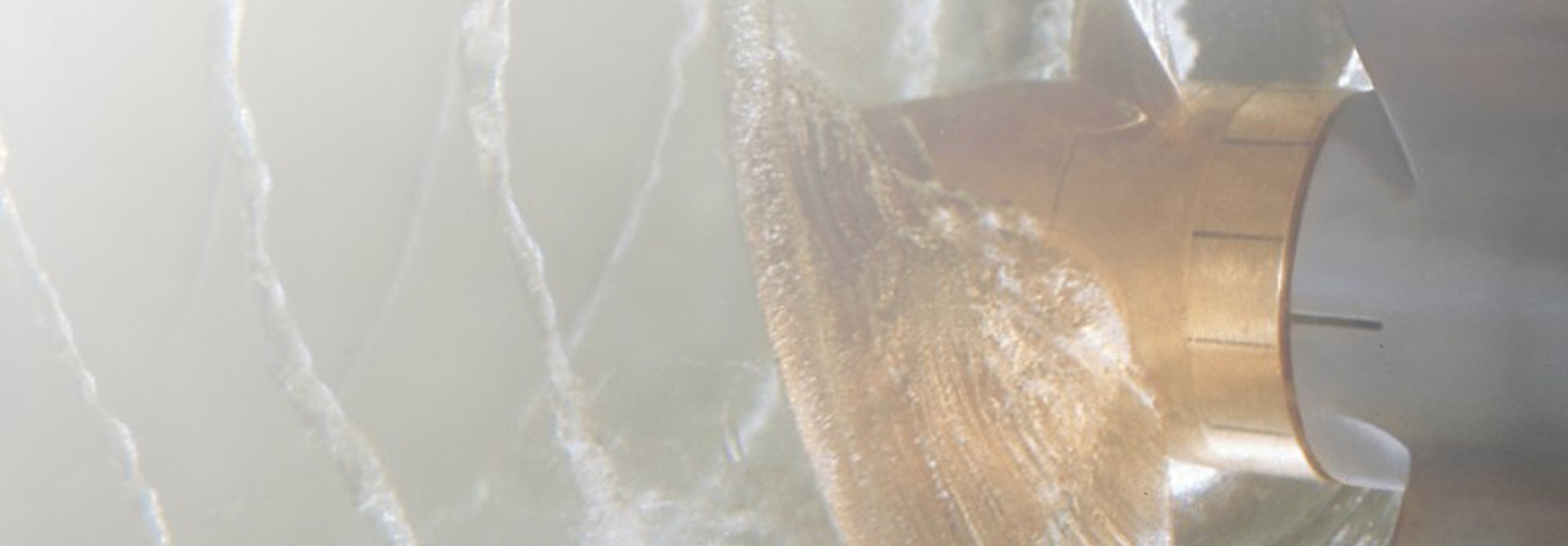Marine Propulsion Electrical Drives Characteristics
When you have completed the training ‘Electrical Drive Characteristics’, you will be able to decide which type of electrical drive component and/or system will be suited best for a particular vessel design. The theory is practised by means of exercises.The international setting offers participants a unique opportunity to gain knowledge and to network with colleagues, clients and suppliers. Meld je aan
Target group
This module is intended for designers and (sales) engineers who deal with the integration or the design of marine propulsion systems and in particular electrical propulsion during concept design phase. It will also be of interest to people who come across aspects of these systems during their (daily) work and who wish to learn more about the working principle of marine electrical propulsion systems.
Costs (excl. VAT)
- Members € 1.225,-
- Non-members € 1.550,-
Timetable
The 21st & 22nd of November from 09.00 – 17.00 hours.
Aim
The lecturer is Paul Bracké, former Manager Technology at Bakker Sliedrecht Electro Industrie BV. The training covers the following topics:
- Introduction to electrical propulsion systems and their components
- Electrical propulsion: design aspects, reasons for choosing electric propulsion (safety, noise and vibrations), propulsion concepts, installation, environmental aspects, operating conditions
- Power generation: voltage control, load sharing, diesel generator, isochronous control
- Electrical design aspects electric machines: AC, DC and asynchronous machines and their working principle
- Mechanical design aspects electric machines: bearings, temperature rise, cooling methods, protection of systems
- Dynamic positioning: design aspects for different propulsion concepts, (redundant) power and distribution, integrated automation system, vessel management and control, lay-out systems
- Standards for electrical propulsion
- Electrical components and their physical working principles: resistor, inductor, capacitor, diode, thyristor, transistor, rectifier, chopper
- Characteristics and types of inverters, converters and transformers
- Theory of electric power: Kirchoff’s first and second law, vector representation, complex calculations, 3-phase systems
- EMC: Electromagnetic Compatibility, Electromagnetic Emission and Immunity
- Electromagnetic fields, forces and inductions, incl. Faraday’s Law, Lenz’s Law, Lorentz’s Law
- Harmonic distortion and short circuit calculations
- High voltage installations: physical characteristics, safety, design high voltage switchboards
- Fuel cells: working principle, fuel cell types, installation
- Superconductive machines
- History and development of electric propulsion systems
Location
Rijnmond area
More information
Please contact us at T 088 44 51 000 or E academy@maritimetechnology.nl.
Overtuigd? Meld je dan aan
Gerelateerde evenementen
Training Onboard Fluid Distribution Systems
This training will strengthen your competence in design and engineering of onboard fluid distribution systems. The training Onboard Fluid Distribution Systems covers the main (technical) aspects of design and operation of marine auxiliary systems on board of ships.
Training onboard & underwater radiated noise & vibrations (EN Course)
This interactive course focuses on the practical side of shipboard noise and vibrations both on board and radiated underwater. The course consists of three topics, spread over 3 days: Vibrations, Onboard Noise, and Underwater Radiated Noise. The training will be conducted by experts from TNO.
Marine Propulsion: Electrical Drives Characteristics (module 4)
The training series Marine Propulsion Systems is a unique technical and international oriented series of training modules. It is developed for those who wish to acquire in-depth knowledge of the design of different marine propulsion systems. When you have completed the module ‘Electrical Drive Characteristics’, you will be able to decide which type of electrical drive component and/or system will be suited best for a particular vessel design. The theory is practiced by means of exercises.

